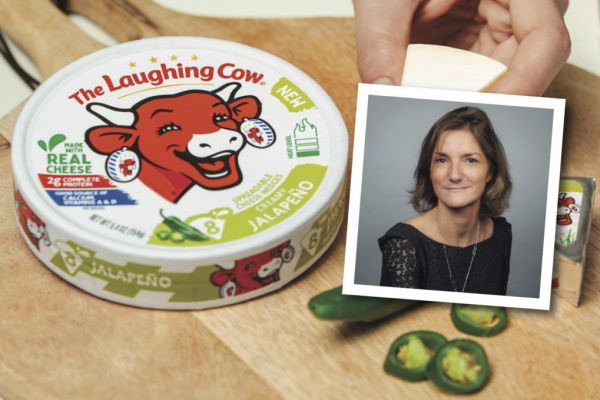Tom Robson, associate, Reddie & Grose, examines the ongoing trade mark dispute between Tesco and Lidl.
Tesco is currently involved in trade mark litigation with one of its biggest supermarket competitors, Lidl. An interim decision by the Court of Appeal has opened for debate what constitutes ‘bad faith’ under UK trade mark law, a term which has no statutory definition.
Background To The Dispute
The dispute started when Lidl sued Tesco for trade mark infringement of the standard Lidl logo, claiming it was using the same design, albeit without any text.
In 2020, Tesco started using a logo which Lidl alleges resembles its own trade marks, for the marketing of its Clubcard Prices scheme.
Tesco filed a counterclaim that Lidl has never made genuine use of its wordless mark, therefore it should be revoked on the basis of non-use. Tesco also counterclaimed that Lidl’s wordless mark was invalid as it was filed in bad faith, because:
- It was filed as a ‘defensive’ mark. Lidl had never used the wordless mark in the form in which it was registered. Tesco suggested that it was filed to extend an unjustified monopoly right over third party use
- Lidl was ‘evergreening’ the mark (periodically re-applying for the mark to circumvent non-use provisions)
Lidl then made an interim application to the High Court to strike out Tesco's bad faith counterclaim. The High Court agreed with Lidl on the basis that Tesco had not produced sufficient evidence to overcome the presumption that Lidl had acted in good faith.
Tesco subsequently appealed this decision to the Court of Appeal and got the decision overturned. That means that for Lidl to succeed at the full trial, it must argue that these registrations were not filed in bad faith.
Comment
The Court of Appeal decision is interim and solely dictated that Tesco could pursue their bad faith counter claim, but it remains significant in the evolution of the meaning of ‘bad faith’ under UK trade mark law. It suggests that the hurdle for making a bad faith allegation at trial in the UK is lower than previously thought.
The initial ruling of the High Court to strike out Tesco’s bad faith claims were consistent with the orthodox understanding ‘of bad faith’, which requires far more evidence of the trade mark holder’s ill intent.
However, the Court of Appeal’s interim decision questions that understanding, and highlights that the concept of bad faith is a developing area of UK law. The concept will be examined further in the full trial, as well as by the Supreme Court Sky v Skykick case later this year.
© 2023 European Supermarket Magazine – your source for the latest retail news. Article by Tom Robson, associate, Reddie & Grose. Click subscribe to sign up to ESM: European Supermarket Magazine.














